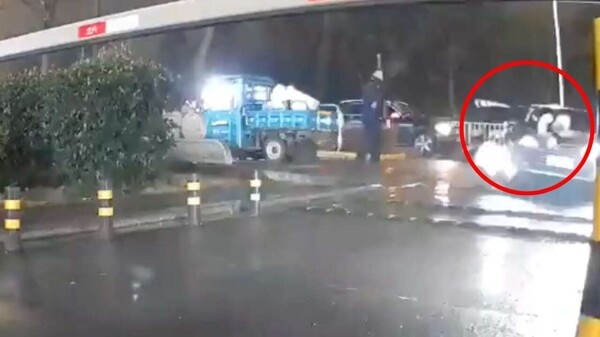
A Chinese research collective has developed an artificial intelligence system capable of predicting the risk of liver cancer recurrence with an accuracy of up to 82.2%, as reported in a study published in the journal "Nature." Liver cancer is the third leading cause of cancer-related death worldwide, and the risk of recurrence after surgery reaches 70%. Accurate prediction of recurrence is of significant importance. According to the Chinese information agency 'Xinhua', researchers from the University of Science and Technology of China, under the guidance of Sun Zhen, have developed a system called 'Timez', which analyzes the spatial distribution of immune cells in the microenvironment of hepatocellular carcinoma to assess the likelihood of recurrence. This system is the first tool in the world for predicting liver cancer recurrence, integrating local immune data. The study showed that the spatial organization of immune cells, rather than their quantity, determines clinical outcomes.
"Accurate prediction of the likelihood of liver cancer recurrence is crucial for patients suffering from this dangerous disease. Our development opens new perspectives in the field of recurrent liver cancer and helps doctors manage treated patients more effectively," noted one of the researchers.













